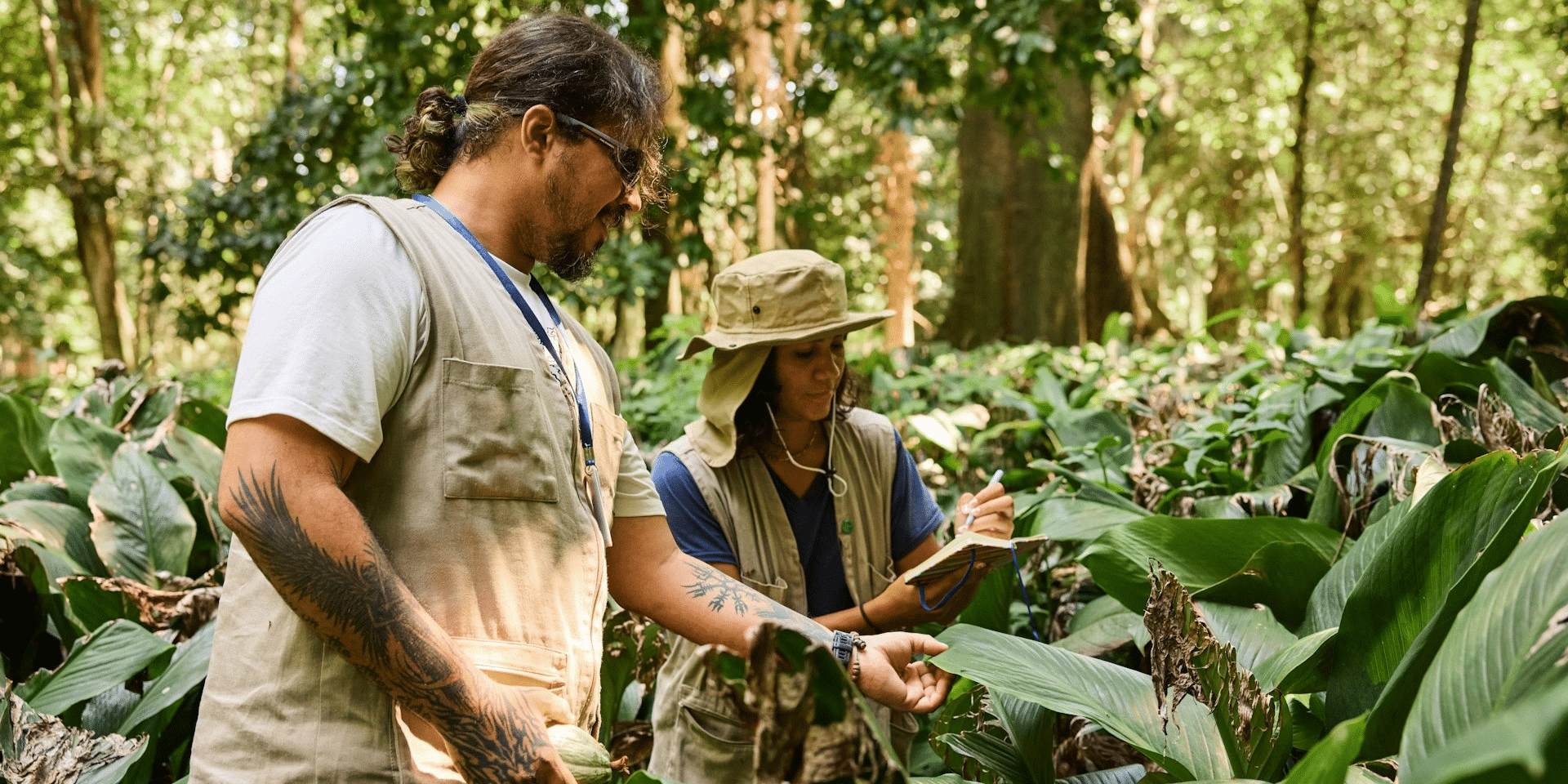Local Peacebuilding Initiatives That Work
Across the globe, communities affected by conflict face the challenging task of rebuilding trust, fostering cooperation, and promoting peace. Peacebuilding is an essential process that not only addresses the immediate aftermath of conflict but also seeks to prevent future violence. Local peacebuilding initiatives are particularly powerful because they harness the strengths of the community itself, tailoring solutions to meet the unique needs and dynamics of the area. These grassroots efforts have the potential to create lasting change and transform post-conflict societies.
Read Also: Eligibility Criteria for Running for Congress: Understanding the Qualifications
Why Are Local Peacebuilding Initiatives Important?
Local peacebuilding initiatives are integral because they involve the people who are most affected by conflict. They offer a platform for communities to take ownership of their peace processes, ensuring that solutions are both relevant and sustainable. Unlike top-down approaches, which may overlook local needs or dynamics, peacebuilding efforts rooted in the community are often more adaptive and successful in fostering long-term peace.
Moreover, local peacebuilding is about restoring relationships that have been damaged by conflict. It focuses not just on rebuilding physical infrastructure but also on healing emotional and psychological wounds. These initiatives encourage dialogue, understanding, and cooperation between different groups, helping to bridge divides and strengthen social cohesion.
What Are Some Successful Local Peacebuilding Initiatives?
Around the world, numerous local peacebuilding initiatives have proven to be effective. These efforts vary widely depending on the context, but they share common elements: community involvement, dialogue, and a focus on long-term solutions. Some key examples of successful initiatives include:
The Truth and Reconciliation Commissions (TRCs): In countries like South Africa, TRCs have been instrumental in helping communities heal after decades of apartheid. These commissions provided a platform for victims and perpetrators of violence to share their stories, fostering mutual understanding and reconciliation.
Community-Based Mediation Programs: In post-conflict regions like Northern Ireland, local mediation programs have helped address disputes between communities. Trained mediators work with local leaders to facilitate dialogue and find peaceful solutions to conflicts, allowing communities to resolve issues without resorting to violence.
Peace Education Initiatives: Educational programs that promote peace and conflict resolution have been particularly effective in regions like Rwanda and Colombia. These initiatives teach young people about the importance of peaceful coexistence and provide them with the tools to mediate conflicts within their own communities.
The Women’s Peacebuilding Network in Liberia: In Liberia, women’s groups played a pivotal role in ending the civil war and rebuilding the country. The Women’s Peacebuilding Network has continued to work on empowering women in peace processes, ensuring their voices are heard in political discussions and rebuilding efforts.
What Role Do Local Leaders Play in Peacebuilding?
Local leaders—whether they are political, religious, or community-based—are often the key to the success of peacebuilding efforts. These individuals are trusted by their communities and can act as mediators, facilitators, and advocates for peace. Their role is to bridge divides, manage conflicts, and encourage collaboration between various groups.
Leaders in local peacebuilding initiatives often come from within the community, making them more likely to understand the nuances of local conflict. They can speak the language of the people, understand cultural contexts, and gain the trust of different groups, which is essential for the success of any peace initiative.
Moreover, local leaders can be influential in mobilizing resources and securing support for peacebuilding efforts. They often have the ability to rally community members, local organizations, and external partners to work together toward a common goal.
How Can Local Peacebuilding Initiatives Be Sustained?
Sustainability is a major challenge for any peacebuilding effort, particularly at the local level. For initiatives to have a lasting impact, they must be supported by both the community and external partners. Sustainable peacebuilding requires addressing the root causes of conflict, including economic inequality, social exclusion, and political marginalization.
One key factor in sustaining peacebuilding efforts is continuous community engagement. When communities are actively involved in the design, implementation, and evaluation of peacebuilding programs, they are more likely to see these initiatives as their own and work to keep them going. This involvement fosters ownership, ensuring that peacebuilding remains a priority even after initial successes.
Another crucial element is the creation of local institutions that can maintain peacebuilding efforts long-term. By establishing local organizations or peace committees, communities can ensure that the process of reconciliation and healing continues even in the absence of external support.
How Does Peacebuilding Contribute to Conflict Prevention?
At its heart, peacebuilding is about preventing future violence by addressing underlying tensions before they escalate. Local peacebuilding initiatives often focus on creating spaces for dialogue, building trust, and strengthening relationships between different groups, which can prevent conflicts from re-emerging.
For example, by providing platforms for young people to discuss their grievances and learn conflict resolution skills, peacebuilding initiatives can reduce the likelihood of youth involvement in future violence. Similarly, promoting economic development and access to education can address some of the root causes of conflict, such as poverty and lack of opportunity.
Effective peacebuilding creates a foundation for long-term stability by promoting inclusive societies where individuals feel heard, respected, and empowered to contribute to their communities. This proactive approach is key to preventing conflict before it begins.
Read Also: How American Culture and Geography Shape the Nation
The Global Impact of Local Peacebuilding
The effects of successful local peacebuilding initiatives can ripple beyond the communities in which they take place. By addressing conflicts at the grassroots level, these initiatives contribute to broader regional and even global peace efforts. Strong, peaceful communities form the foundation of stable nations, and local peacebuilding efforts play a crucial role in ensuring that societies remain peaceful and resilient in the face of future challenges.
In today’s interconnected world, the lessons learned from local peacebuilding initiatives can be shared and adapted to other regions. As more communities adopt these models, the global landscape for peace and conflict resolution will continue to evolve, offering hope for a more peaceful future.







